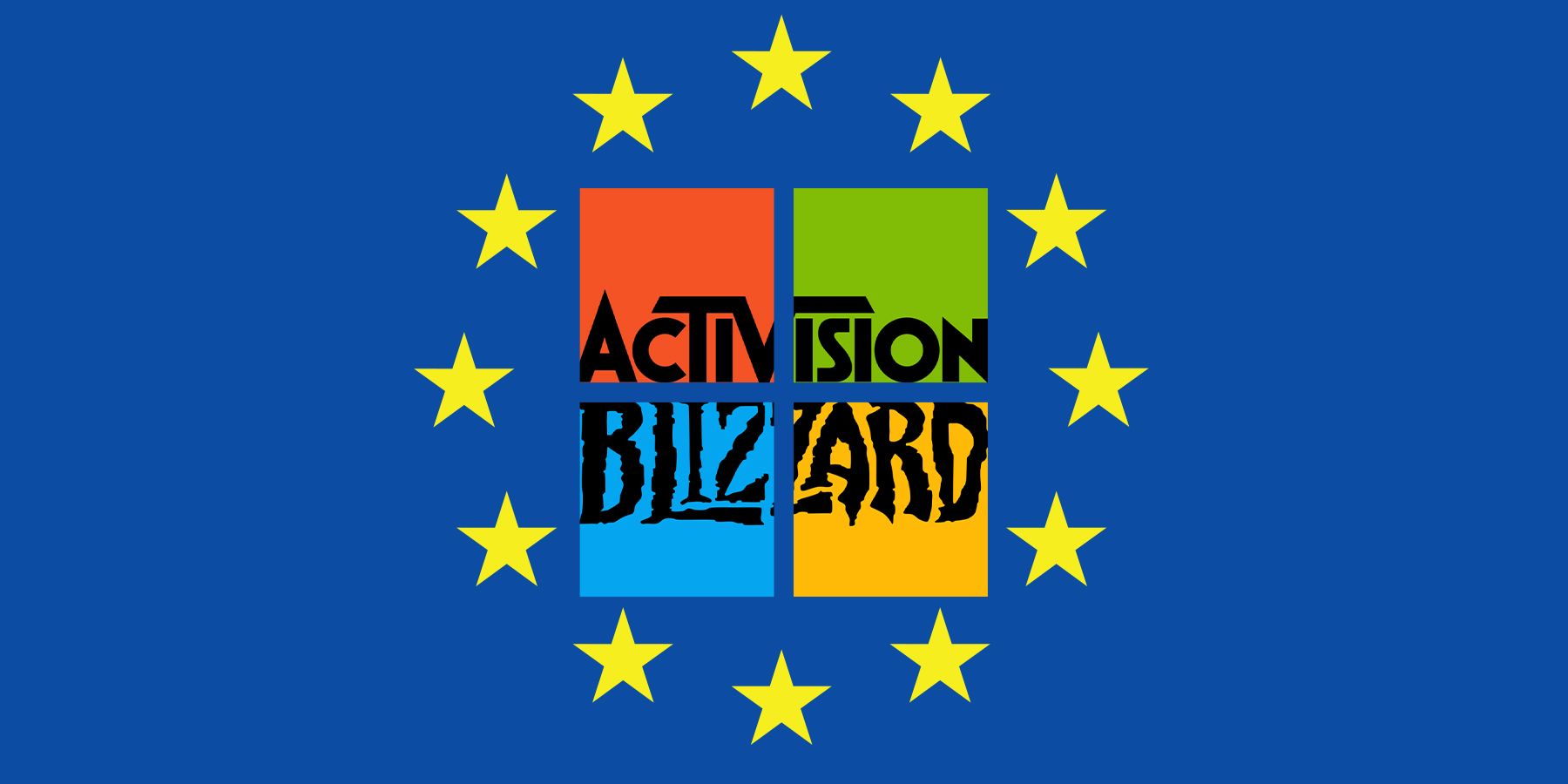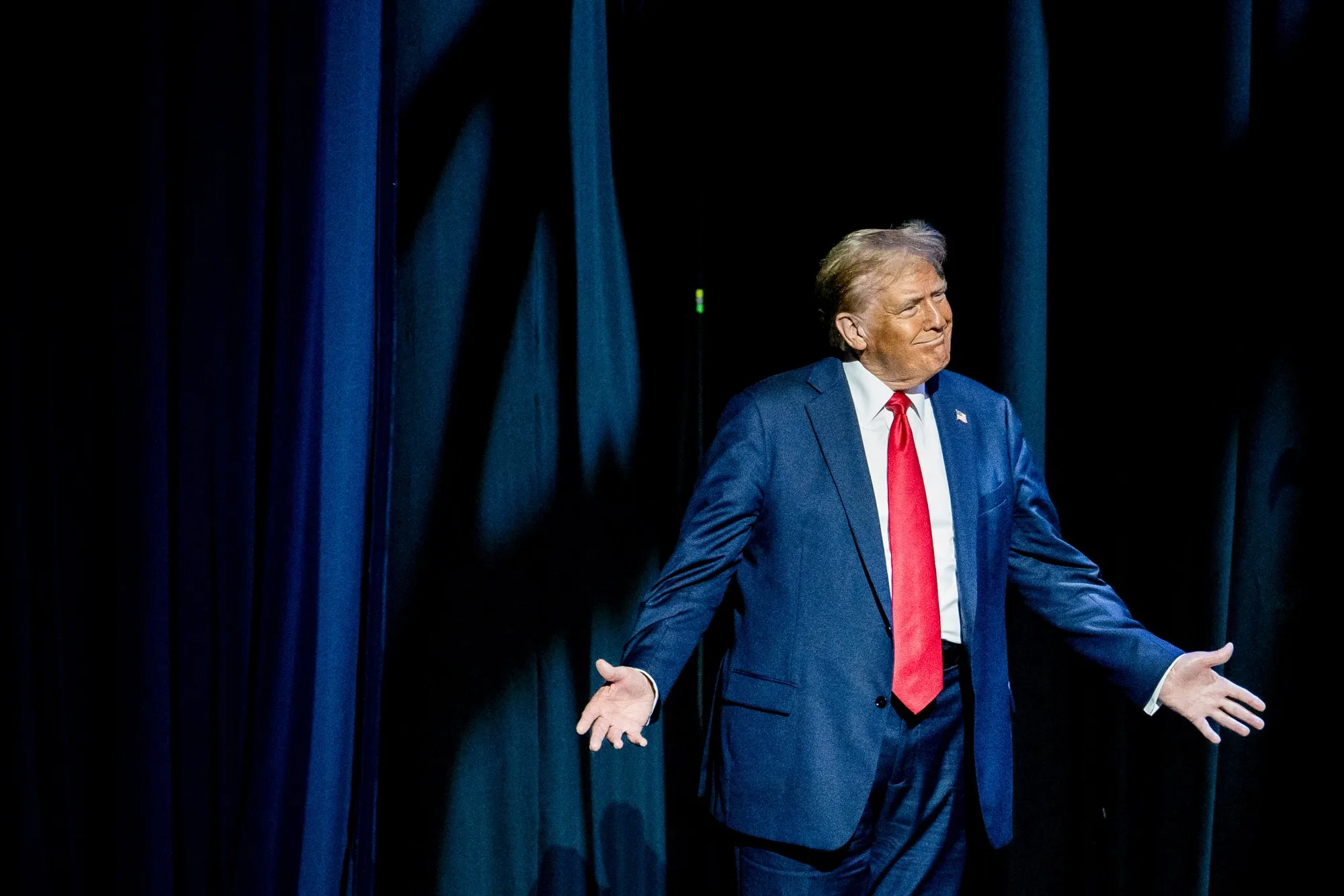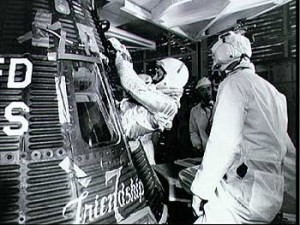Appeal Filed: FTC Challenges Microsoft's Activision Blizzard Acquisition

Table of Contents
FTC's Core Arguments Against the Merger
The FTC's opposition to the Microsoft-Activision Blizzard merger rests on several key arguments, all centered around concerns about stifled competition and potential harm to consumers.
Concerns about Market Domination
The FTC argues that the merger would grant Microsoft excessive market power, particularly within the rapidly expanding cloud gaming market. This dominance could stifle competition and negatively impact consumers.
- Microsoft's existing dominance: Microsoft already holds a significant share of the gaming market through its Xbox consoles and PC gaming platforms.
- Activision Blizzard's valuable IPs: Activision Blizzard owns immensely popular franchises like Call of Duty, World of Warcraft, and Candy Crush, adding substantial market weight to the acquisition.
- Potential for exclusivity: The FTC worries that Microsoft could leverage these franchises to create exclusivity, making them unavailable on competing platforms like PlayStation and Nintendo Switch, harming consumers and competitors.
- Insufficient remedies: The FTC contends that the remedies proposed by Microsoft to address these competitive concerns are inadequate.
Anti-Competitive Practices Allegations
Beyond market dominance, the FTC alleges that the merger would enable Microsoft to engage in anti-competitive practices, further harming innovation and consumer choice.
- Price increases: The FTC fears that Microsoft could raise prices on Activision Blizzard games, exploiting its increased market power.
- Reduced investment incentives: The merger might reduce Microsoft's incentives to invest in competing gaming services and platforms.
- Limited access to technology: Rival game developers could face restricted access to Activision Blizzard's game engines and technologies, hindering innovation.
Impact on Game Developers and Publishers
The FTC's concerns extend beyond the largest players; the merger's potential impact on independent game studios and publishers is also a significant factor.
- Reduced competition: Smaller studios would face reduced opportunities to compete against a significantly larger and more powerful Microsoft.
- Unfavorable developer terms: Microsoft might dictate unfavorable terms to other developers, limiting their profitability and creativity.
- Decreased market diversity: The merger could lead to a less diverse and innovative gaming market, as Microsoft's dominance overshadows smaller competitors.
Microsoft's Defense and Proposed Remedies
Microsoft has vigorously defended the merger, arguing it will ultimately benefit consumers by expanding access to games.
Microsoft's Counterarguments
Microsoft counters the FTC's claims with several arguments:
- Continued multi-platform availability: Microsoft has pledged to maintain the availability of Call of Duty and other Activision Blizzard titles on PlayStation and other competing platforms.
- Fair access to technology: Microsoft insists on ensuring fair access to Activision Blizzard's technology for other game developers.
- Innovation acceleration: Microsoft argues that the merger will stimulate innovation within the gaming industry.
Proposed Concessions and Mitigation Strategies
To address the FTC's concerns, Microsoft has offered various concessions:
- Licensing agreements: Microsoft proposes licensing agreements to guarantee the availability of Activision Blizzard games on rival platforms.
- Investment in independent studios: Microsoft has pledged investments in independent game development studios to promote competition.
- Open cloud gaming technologies: Microsoft has committed to open access to its cloud gaming technologies.
Potential Outcomes and Implications
The legal battle surrounding the FTC challenges Microsoft Activision Blizzard acquisition is likely to be protracted and complex.
Legal Battle and Timeline
The appeal process will undoubtedly be lengthy and arduous:
- Uncertain outcome and timeline: The ultimate outcome and the timeline for resolution remain uncertain.
- Potential higher court appeals: Further appeals to higher courts are highly probable.
- Impact on other tech mergers: The case's outcome will significantly impact future merger reviews in the tech industry.
Broader Implications for the Gaming Industry
The decision will have far-reaching consequences for the gaming industry and the regulation of tech mergers:
- Precedent setting: The ruling will establish a precedent for future merger reviews, influencing regulatory bodies worldwide.
- Impact on tech giant strategies: The outcome will shape the strategies of other tech giants considering similar acquisitions.
- Consumer impact: The decision will directly influence consumer choice and pricing within the gaming market.
Conclusion
The FTC's appeal against the Microsoft-Activision Blizzard acquisition represents a pivotal moment in the ongoing debate over antitrust regulation in the gaming industry. The arguments presented by both sides underscore significant concerns regarding market dominance, competitive practices, and innovation. The outcome of this legal battle will profoundly shape the future of gaming and set a precedent for future mergers and acquisitions in the tech sector. Stay informed on the developments of this critical case – continue to follow updates on the FTC challenges Microsoft Activision Blizzard acquisition for the latest information.

Featured Posts
-
 The Closure Of Anchor Brewing Company A Look Back At Its History And Impact
Apr 22, 2025
The Closure Of Anchor Brewing Company A Look Back At Its History And Impact
Apr 22, 2025 -
 Hollywood Production Halted Actors Strike Impacts Film And Television
Apr 22, 2025
Hollywood Production Halted Actors Strike Impacts Film And Television
Apr 22, 2025 -
 Analyzing The Economic Costs Of Trumps Policies
Apr 22, 2025
Analyzing The Economic Costs Of Trumps Policies
Apr 22, 2025 -
 Blue Origin Rocket Launch Cancelled Vehicle Subsystem Issue Delays Mission
Apr 22, 2025
Blue Origin Rocket Launch Cancelled Vehicle Subsystem Issue Delays Mission
Apr 22, 2025 -
 Is Google Facing Its Biggest Threat Yet A Potential Breakup
Apr 22, 2025
Is Google Facing Its Biggest Threat Yet A Potential Breakup
Apr 22, 2025
